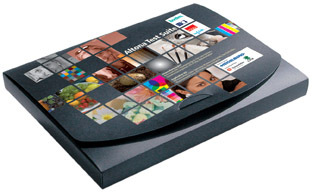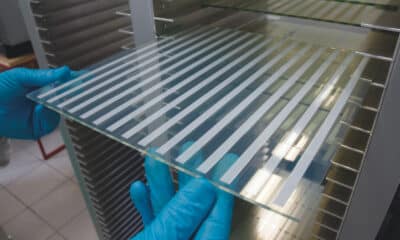Eight years ago this October, doctors confirmed that my son, Sam, is on the autism spectrum. Coming just a few weeks after we celebrated Sam’s sixth birthday, it was news that my wife and I had long suspected and feared, ending months of uncertainty while raising an infinite number of concerns that we had not yet summoned the courage to contemplate. Where would he go to school? What support would he need? And most of all, what would his future look like after his schooldays were over?
We discovered, as every affected family must, that autism comes with no blueprint.
Eight years ago this October, doctors confirmed that my son, Sam, is on the autism spectrum. Coming just a few weeks after we celebrated Sam’s sixth birthday, it was news that my wife and I had long suspected and feared, ending months of uncertainty while raising an infinite number of concerns that we had not yet summoned the courage to contemplate. Where would he go to school? What support would he need? And most of all, what would his future look like after his schooldays were over?
We discovered, as every affected family must, that autism comes with no blueprint.
Its cause remains unknown; its incidence spiked in recent years (to as high as 1 in every 68 school-aged children, according to the CDC) for reasons that also elude us; and its progression, and therefore prognosis, is highly unpredictable. Over time, the parents’ search for definitive answers wanes, replaced by a stream of murky decisions and the hope of bettering the odds for their child’s independence and happiness later in life.
Advertisement
In this month’s Print Craft column, Assistant Editor Kelsey Johnson tells the story of a business born from one woman’s hope to ensure a successful future for her autistic son. The company she founded, Spectrum Designs, started humbly with just one DTG machine and has grown into a thriving enterprise, creating job opportunities for many disabled individuals in its local community while establishing an adaptable business model that can be easily applied to other industries.
We added Print Craft last year to call attention to the growing legion of young people who have discovered printing in their quest to become “makers,” but we’re pleased to extend the column to those who are making a difference. We’re seeing more instances of specialty printing being leveraged for philanthropic purposes, and they are stories that deserve to be heard.
The weekend after Sam was diagnosed, I sent a letter to my immediate family, asking them to keep the news on a need-to-know basis. I was reluctant to share the information with colleagues and even close friends for years. As time went by and I became more open to discussing it, I discovered that a number of important people in my life also had autistic children nearing adulthood and they were wrestling in silence with the same issues as me. I came to realize that where autism is concerned, everyone is on a need-to-know basis.
Sam is 13 now, attending a wonderful school for high-functioning kids on the spectrum. He’s whip-smart and wildly creative, with talents in music and writing that regularly astound us. We’ve been amazed by many of the other students at his school, not because of their disabilities but because of their individuality and the unique interests they pursue. Their stories deserve – no, demand – to be shared. The parents who love these kids must be willing to talk, and the people whose lives have been untouched by the autism spectrum must listen. Because these children will be adults soon, and our society must learn to embrace them.
Explore more from Screen Printing‘s June/July 2017 issue.


 Case Studies2 months ago
Case Studies2 months ago
 Art, Ad, or Alchemy2 months ago
Art, Ad, or Alchemy2 months ago
 Andy MacDougall2 months ago
Andy MacDougall2 months ago
 Columns3 weeks ago
Columns3 weeks ago
 Editor's Note2 weeks ago
Editor's Note2 weeks ago
 Thomas Trimingham2 months ago
Thomas Trimingham2 months ago
 Marshall Atkinson2 weeks ago
Marshall Atkinson2 weeks ago
 News & Trends1 month ago
News & Trends1 month ago
















